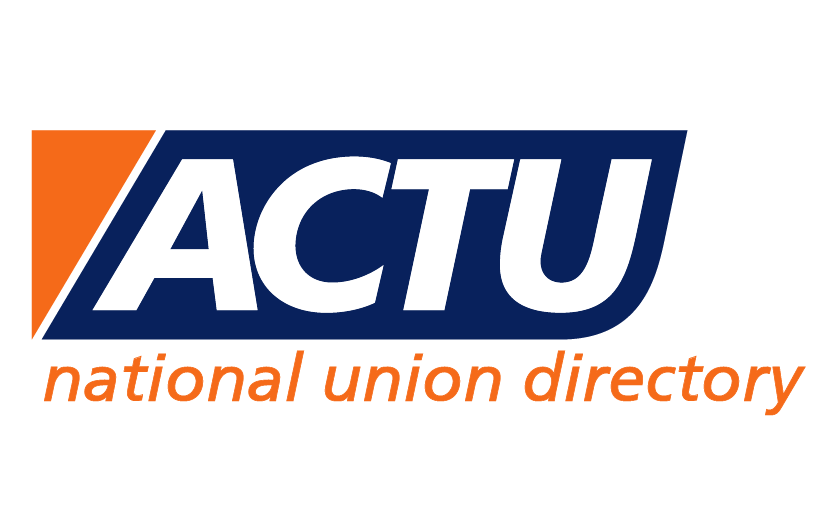We’ve heard a lot in this federal election campaign about interns and apprentices, and about retirement savings and the increasing cost of living.
While these are all issues that should be front of mind during an election campaign, the element that is often lost when we discuss them is the disproportionate impact these issues can have on Aboriginal and Torres Strait Islander people.
While unemployment is a national issue, and youth unemployment even more so, the numbers quoted rarely include those for remote Indigenous communities, which regularly reach 30%.
Likewise, when we talk about superannuation, the fact that Indigenous men in NSW are currently more likely to die before 50 years or age than after and therefore are extremely unlikely to ever have access to their super is rarely discussed.
When we talk about cost of living and the merits or otherwise of raising the GST, the impact of this on remote communities, where fresh food is already marked up by more than 30%, doesn’t enter the conversation.
When we discuss employment programs and work for the dole, the fact is there exists a separate and much more punitive program – the Community Development Program (CDP) – which applies only to people in remote communities.
The Australian Council of Trade Unions is committed to addressing these issues in a way that acknowledges the fact that the people most disadvantaged by the failings of our society are Aboriginal and Torres Strait Islander people.
This is why we have put forward five key priorities that aim to minimise the structural disadvantage that makes it more difficult for Indigenous Australians to improve their lives and the lives of their families.
These priorities include overhauling the CDP, the failings of which have been discussed at length in this paper. It is widely acknowledged to be a program more concerned with punishing people for being unemployed than lifting people out of poverty.
We have also made a recommendation that the next government looks at measures to reduce the age at which Indigenous people can access their superannuation – at least until such a time as the average age of death for Indigenous people and non-Indigenous people can be closed from its current two-decade disparity to parity.
It is also critical that the next government examine price gouging in remote communities and the ridiculous cost of fresh food and vegetables that are leading to poor diet and disastrous health outcomes in remote communities.
Beyond these practical policy outcomes, the next government must restore funding that has been cut to Indigenous programs by the Abbott/Turnbull Government, and begin a new culture of consultation and engagement which has been notably lacking from the policy creation process of successive governments who have sidelined the very people affected by their policies until they have already been implemented.
The next federal government must do more for Indigenous people across a dauntingly broad range of issues, but the objectives laid down by the Australian union movement represent a foundation that emphasises the value of work and the need to ensure that all Australians are treated equally by the laws that govern them.
● Kara Keys is the Indigenous officer at the Australian Council of Trade Unions







